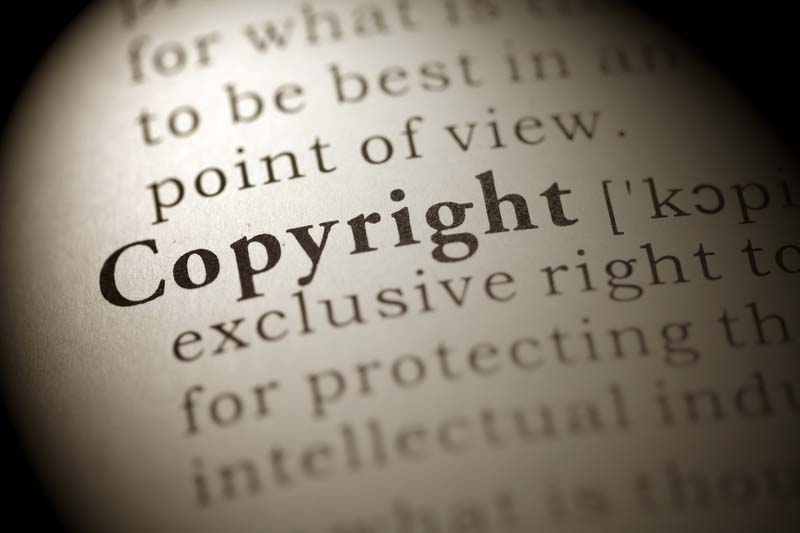What is copyright, and how does it work?
Answer: Copyright is a legal protection that grants creators exclusive rights to their original works of authorship, such as literary, artistic, musical, and software creations. These rights include the ability to reproduce, distribute, and publicly display their works. Copyright is automatically granted to creators upon the creation of their work and generally lasts for the creator's lifetime plus 70 years.
Do I need to register my work to have copyright protection?
Answer: No, you don't need to register your work to have copyright protection. Copyright is automatically granted when you create an original work. However, registering your work provides significant benefits, such as the ability to file lawsuits for copyright infringement, collect damages and provides stronger evidence of ownership.
What can be copyrighted?
Answer: Copyright can protect a wide range of creative works, including literary works, music, art, photographs, software, architectural designs, and more. It does not protect ideas, facts, or utilitarian aspects of functional items.
How long does copyright protection last?
Answer: In the United States, copyright protection generally lasts for the creator's lifetime plus 70 years. The duration may vary in other countries. For works created by corporations, the copyright typically lasts for 95 years from the date of publication or 120 years from the date of creation, whichever is shorter.
Can I use copyrighted material without permission for educational or non-commercial purposes?
Answer: In some cases, the fair use doctrine allows for the limited use of copyrighted material without permission for purposes like education, criticism, news reporting, and research. However, this is a complex legal area, and whether a particular use qualifies as fair use depends on various factors, such as the purpose of the use, the nature of the copyrighted work, the amount used, and the effect on the market value. Before using any copyrighted material without permission, consult with a qualified copyright attorney.
Can I copyright my domain name or business name?
Answer: Copyright does not protect domain names or business names. Domain names and business names may be protected through registration of a trademark if they meet specific criteria and are associated with specific goods or services.
What should I do if I believe someone has infringed on my copyright?
Answer: If you believe someone has infringed on your copyright, you should consult an attorney who specializes in intellectual property law. They can help you send cease and desist letters, negotiate settlements, or take legal action to protect your rights.
Can I transfer my copyright to someone else?
Answer: Yes, like any other asset, copyright owners can transfer their rights to others through licensing, assignment, or inheritance. These transfers should be documented in writing to be legally valid.
Please note that copyright law can be complex and varies by country, so it's important to consult with an attorney or intellectual property expert for specific legal advice related to your creative works or business endeavors.

